On the afternoon of June 20, continuing the 5th session, chaired by Vice Chairman of the National Assembly Nguyen Duc Hai, the National Assembly discussed in the Hall the Law on Water Resources (amended).
Speaking at the meeting, Delegate Nguyen Thi Viet Nga agreed with the Government's proposal and the Draft Law on the name of the law as the Law on Water Resources (amended). The delegate said that the name emphasizes the meaning of water resources because this is a precious resource, extremely important to human life and production and business activities, socio-economic development, but in the past, the meaning of water resources has not been really respected.
According to the Delegate, Vietnam is a country fortunate to possess diverse and abundant water resources, but water is not an endless and unchanging resource. Because water is not considered a valuable resource, the exploitation and use of water in the past has not received due attention, has not been economical and effective, and has not been linked to the protection of water sources and water corridors, causing many water sources to be heavily polluted and depleted, negatively affecting the environment, daily life and production of the people.
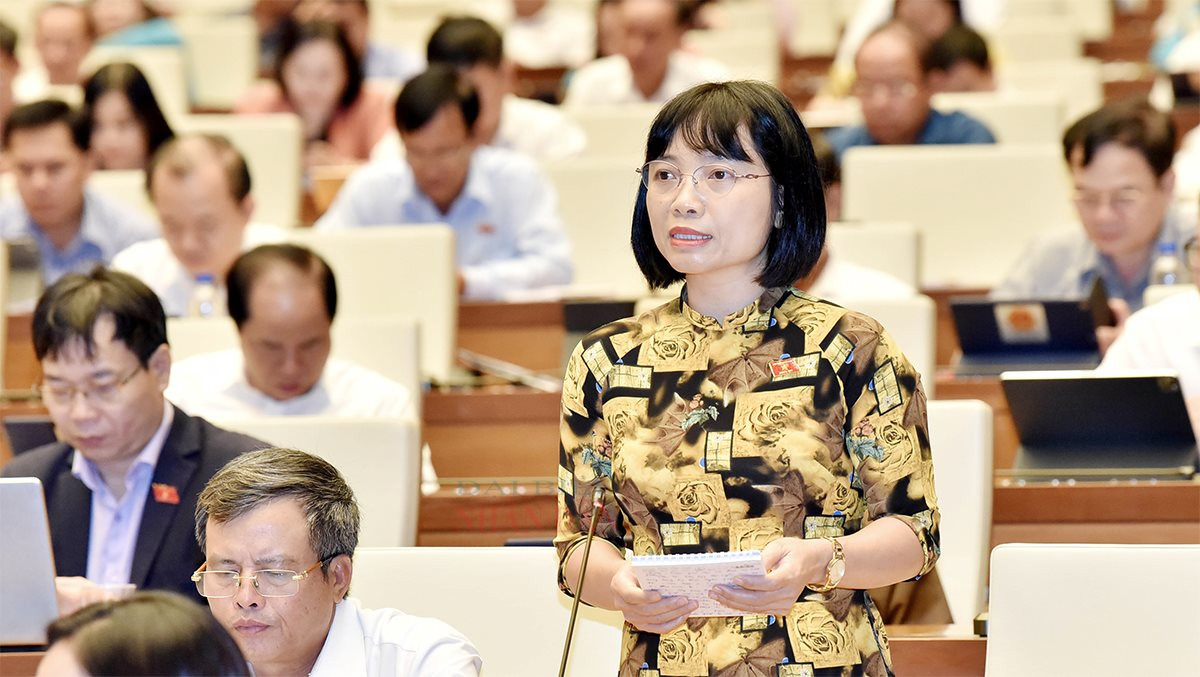
Regarding water pollution, according to statistics from the Ministry of Natural Resources and Environment and the Ministry of Health, each year in Vietnam, about 9,000 people die due to poor water sources and sanitation; nearly 250,000 people are hospitalized due to acute diarrhea caused by polluted domestic water sources; about 200,000 people get cancer each year, one of the main causes of which is water pollution.
Besides, the alarming decline in water reserves due to many causes also requires drastic regulations and solutions to prevent the risk of water insecurity.
Therefore, the Delegate believes that the emphasis on the water resources aspect in the name of the Law and the provisions throughout the contents of the Law are consistent with the viewpoint: Water is public property and owned by the entire people, uniformly managed by the State. Water resources are the core in construction, planning, socio-economic development, population planning, planning of sectors and fields that exploit and use water, and planning national development strategies. The scope of regulation of the Law stipulated in Article 1, according to the Delegate, is appropriate and adequate.
Regarding prohibited acts, the Delegate said that this provision has provided relatively complete and clear provisions on prohibited acts in the exploitation and use of water resources. Compared to the current Law on Water Resources, this draft law has added a number of prohibited acts, ensuring stricter and more effective management of water resources.
However, in clause 4, there is a provision that prohibits the act of “filling up rivers, streams, and canals”, which is unclear about the prohibited acts. In reality, many rivers have not been filled up, but people have encroached on a large part of the riverbank area by dumping materials to turn the river surface into land for use. Almost all rivers with households living on both sides of the river are encroached upon, so the Delegate suggested that it is necessary to clearly define the prohibited acts as: encroachment, filling up rivers, streams, canals, etc.
Regarding the State's policy on water resources, the Delegate said that the Draft Law has stipulated the priority of investment in searching, exploring and exploiting water resources, and has preferential policies for investment projects in exploiting water to provide water for daily life and production for people in mountainous areas, ethnic minority areas, border areas, islands, areas with difficult socio-economic conditions, areas with especially difficult socio-economic conditions, and areas with freshwater scarcity.
However, the Delegate believes that in order for this policy to be put into practice and have a mechanism for effective implementation, it is necessary to clarify how priorities and preferential policies are implemented. “Experience shows that preferential and preferential policies are only effective when there are specific regulations and procedures for implementation. If the regulations on preferential policies are only general in nature, they will easily get stuck or even be forgotten when the Law comes into effect,” Delegate Nguyen Thi Viet Nga emphasized.
Regarding the protection of domestic water quality, the Delegate said that in item b, clause 2, article 10 of the draft law, it is stipulated that the provincial People's Committee is responsible for: organizing the publication of information on domestic water quality, warning of unusual phenomena in the quality of domestic water for water sources in the area. According to the Delegate, the above regulations on the responsibilities of the provincial People's Committee are reasonable and necessary to enhance the effectiveness, efficiency and responsibility of the government as well as the people in protecting domestic water sources, so that the majority of people can grasp information on the quality of domestic water sources to have options for choosing to use hygienic water.
However, the Delegate said that the above regulation is still too general, not clear about the form of implementation: how to publish information? On which channels? According to what cycle? How often must it be published or published annually? The Delegate suggested that this should be regulated more clearly so that it can be implemented in a practical and effective manner.
Regarding the prevention of degradation, depletion and pollution of water resources, the Delegate expressed high agreement with the addition of content on the prevention of degradation and depletion of water resources to the draft law to ensure the maximum elimination of acts that negatively impact water resources.
However, the Draft Law stipulates: “Reservoirs, dams and other water exploitation and use works that exploit water ineffectively, causing degradation, depletion and serious pollution of water sources must be renovated, upgraded, converted to another use or demolished”. Delegates believe that the regulations are too lenient and do not raise awareness of the responsibility to protect water sources. Only when “degradation, depletion and pollution of water sources” reach a serious level must they be renovated, upgraded, converted to another use or demolished. On the other hand, the specific level of “serious pollution” has not been clearly defined.
Therefore, the Delegate proposed to amend the phrase “serious” by removing the word “serious”, reservoirs, dams and water exploitation works that are ineffective, causing degradation, pollution and depletion of water resources must be renovated, upgraded, converted to other uses or demolished. This will enhance the responsibility and effectiveness of preventing and combating degradation, depletion and pollution of water resources.
Regarding transnational water resources, the Delegate said that the characteristic of water resources is that there are many transnational water sources, even related to many countries, and these transnational water sources are mostly large water sources, playing an important role, having a direct impact on the production life, socio-economic development of the people, especially in the context of our country being an agricultural country. Therefore, the work of maintaining relationships and diplomacy to ensure water security and handle water pollution incidents is extremely important.
Therefore, the Delegate proposed to review bilateral and multilateral international treaties that Vietnam participates in to add more regulations on this content, with special attention paid to enhancing the responsibility of the Ministry of Foreign Affairs.
Source


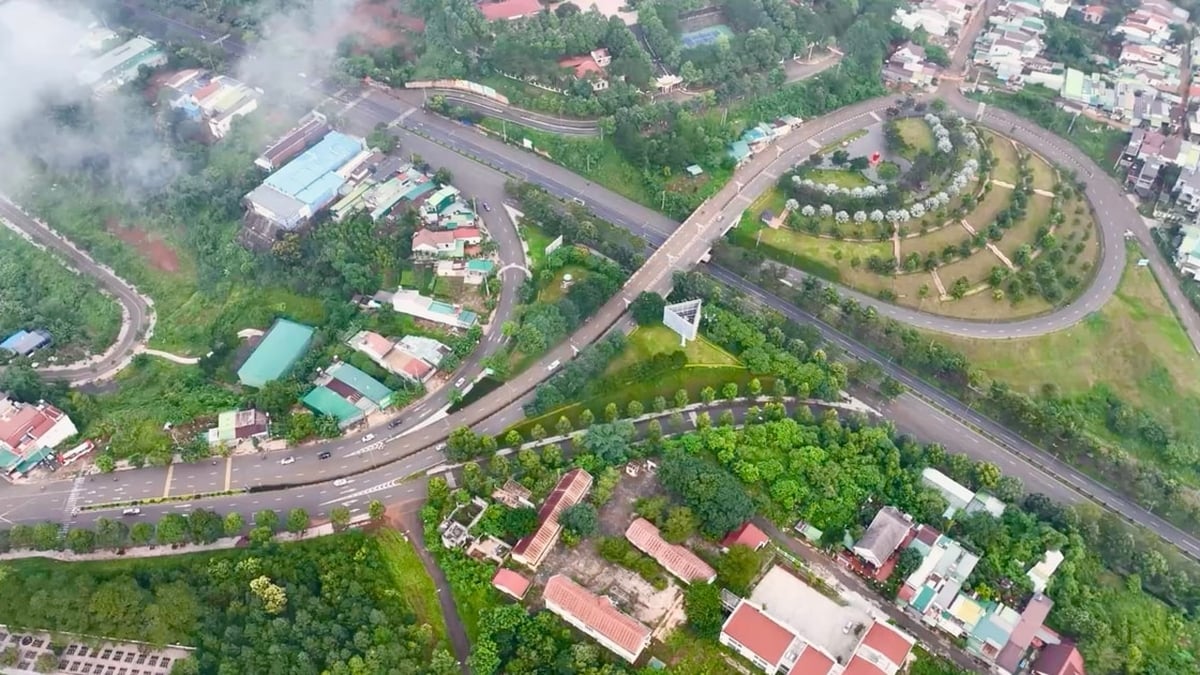
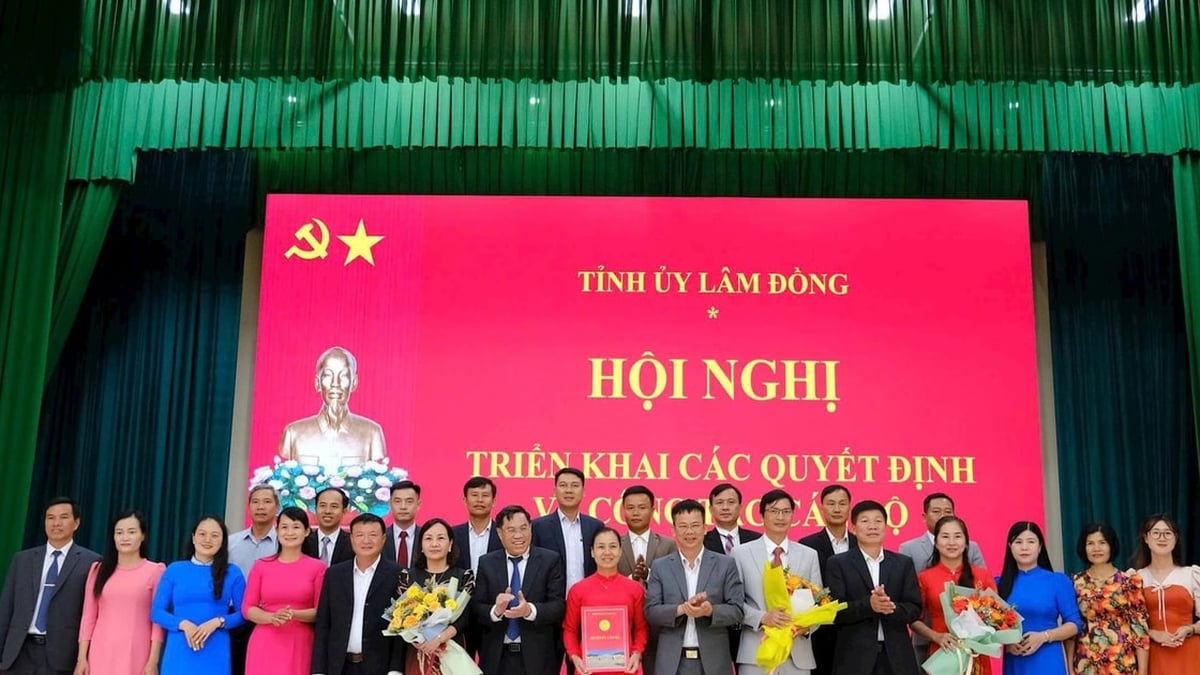
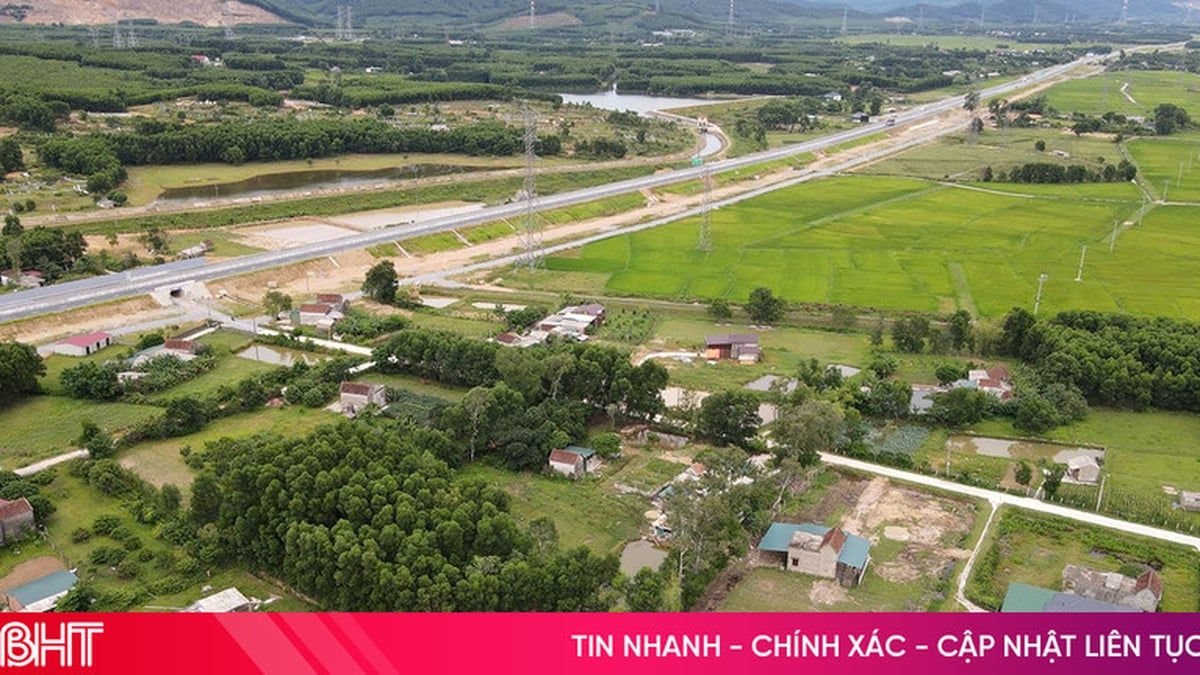
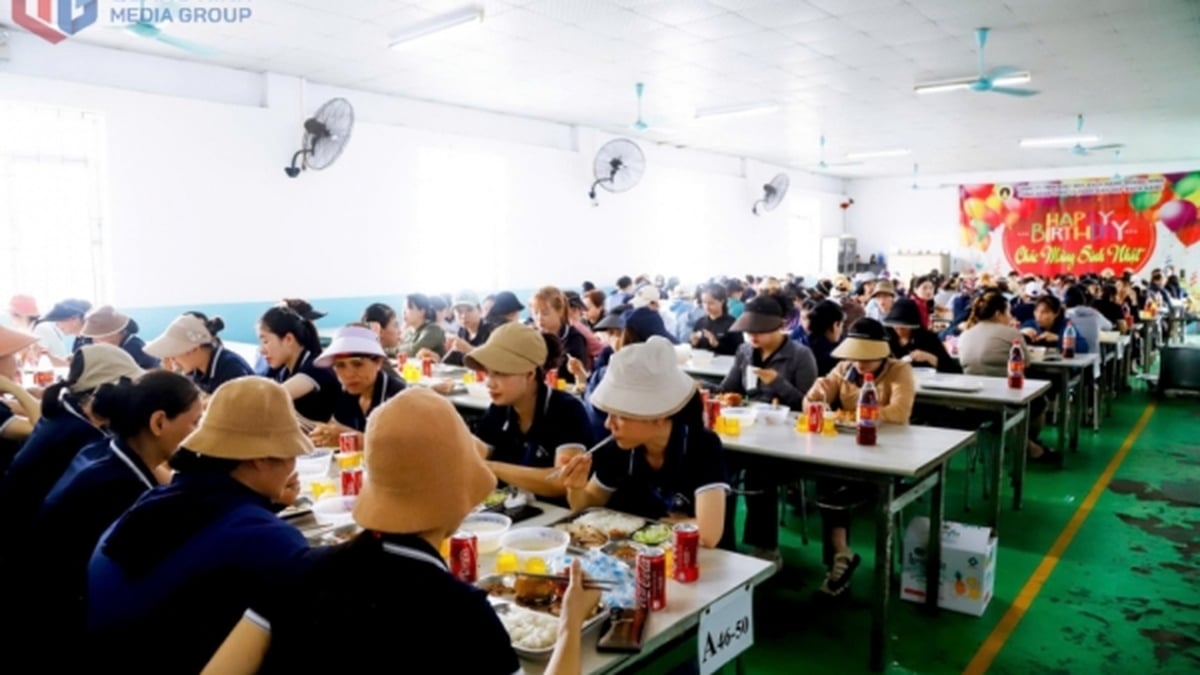
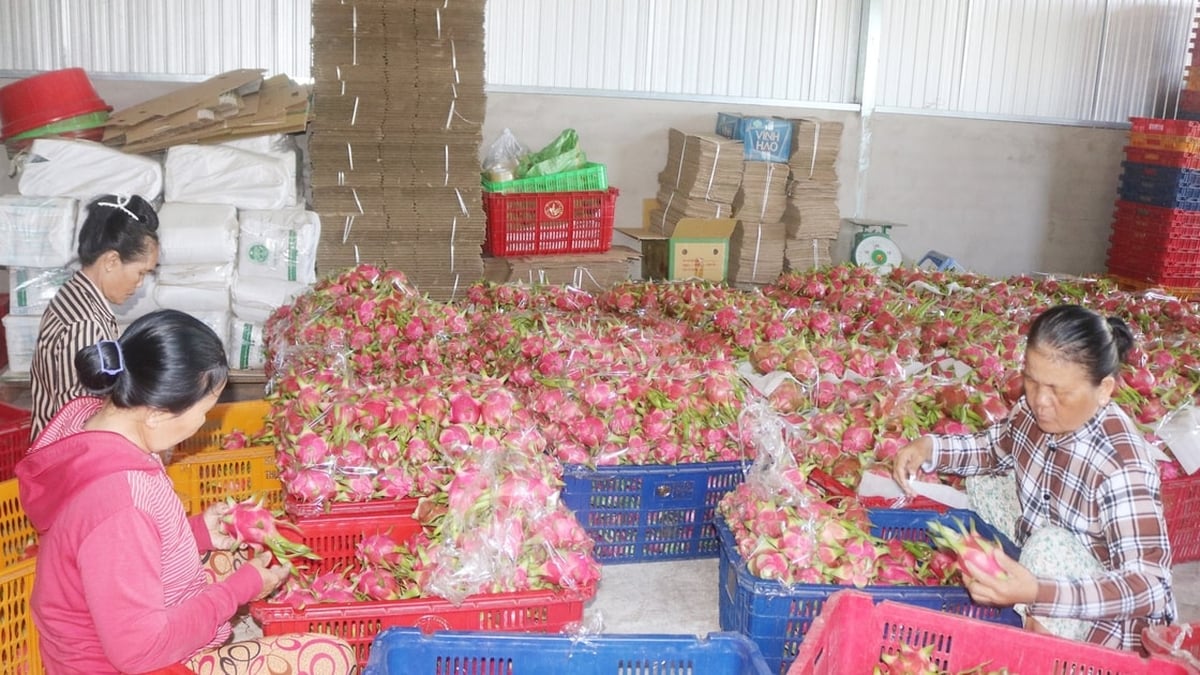

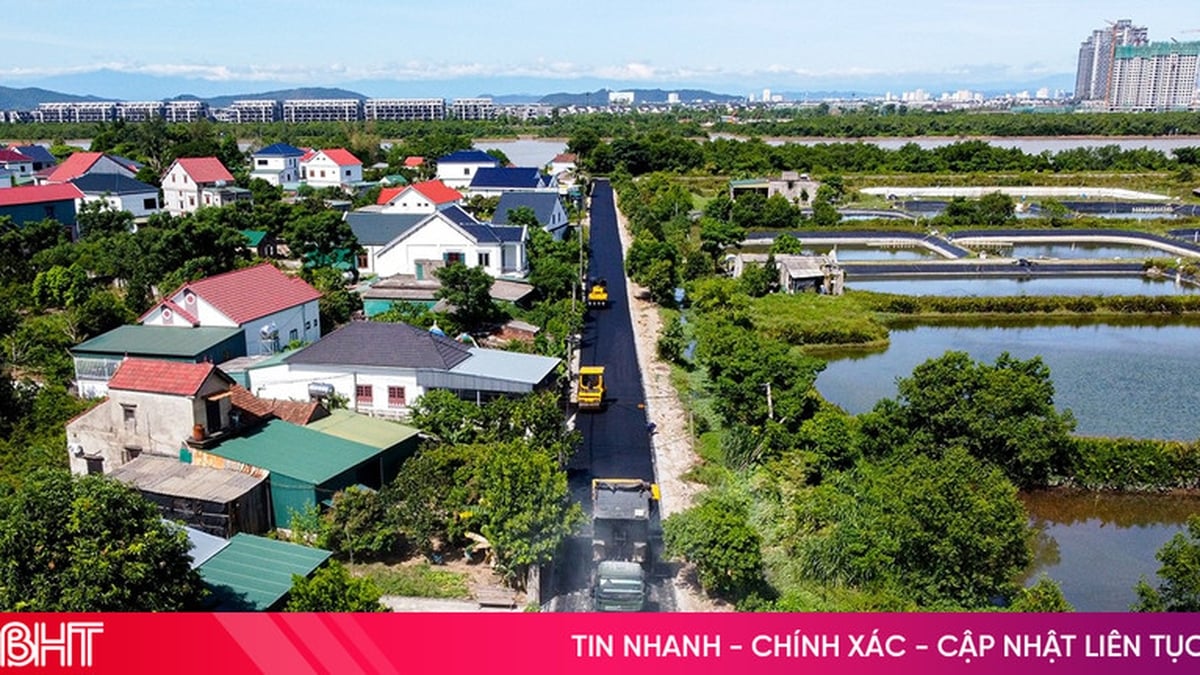
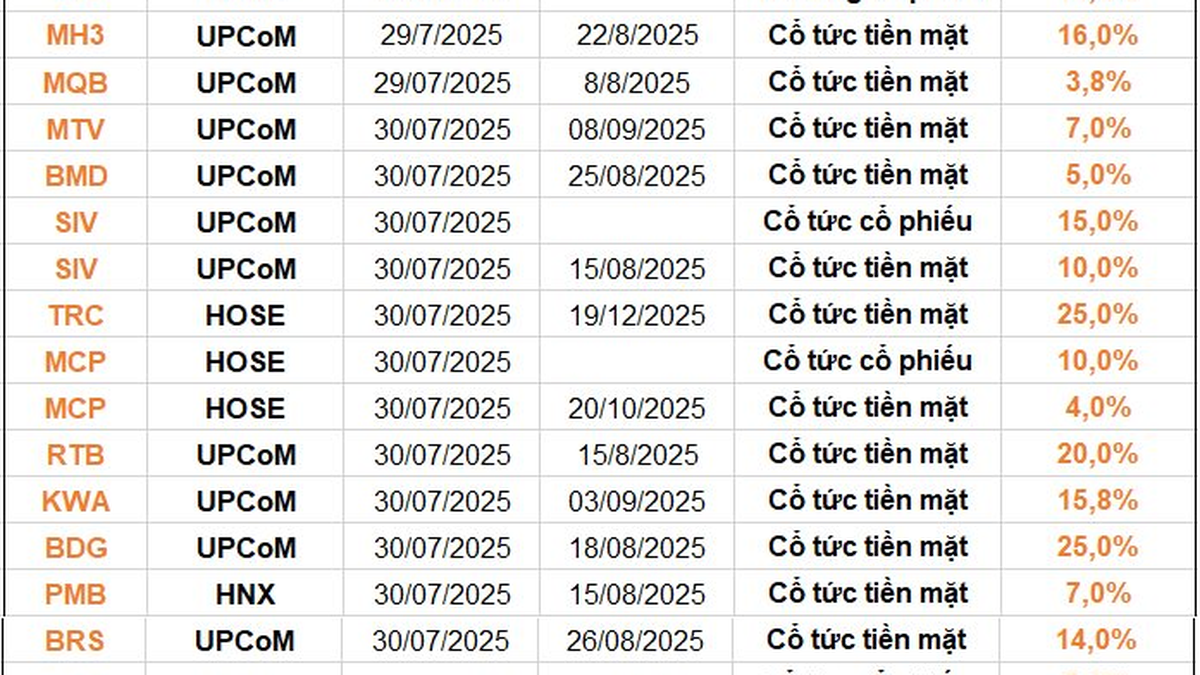
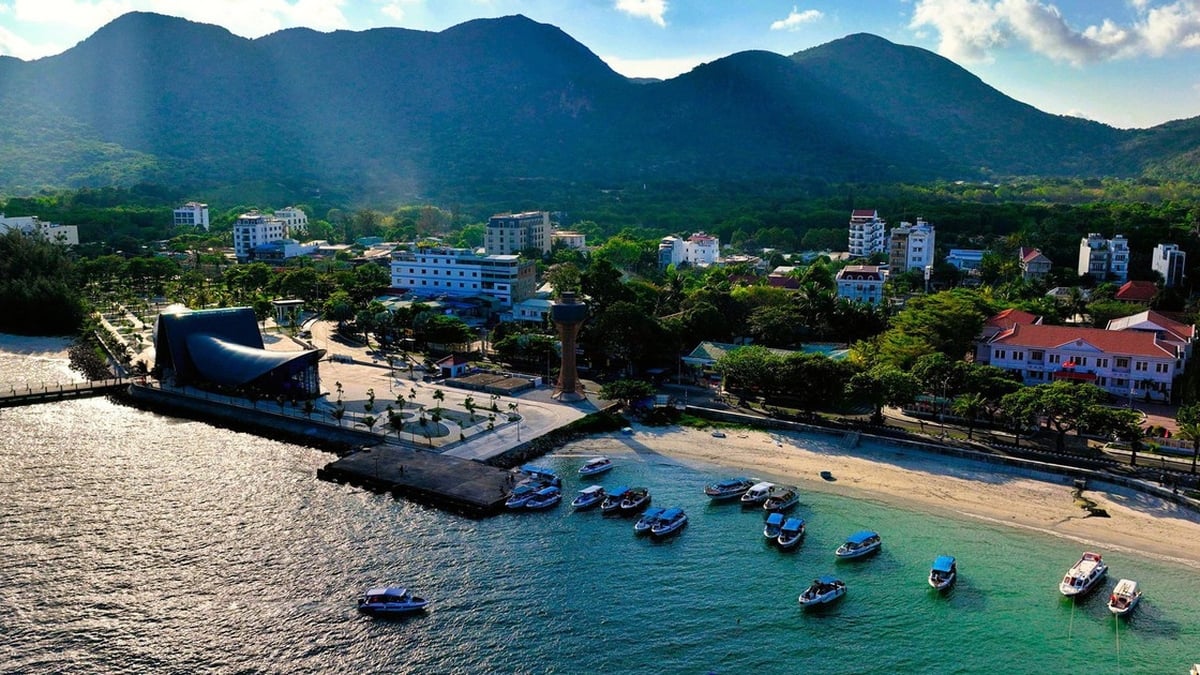
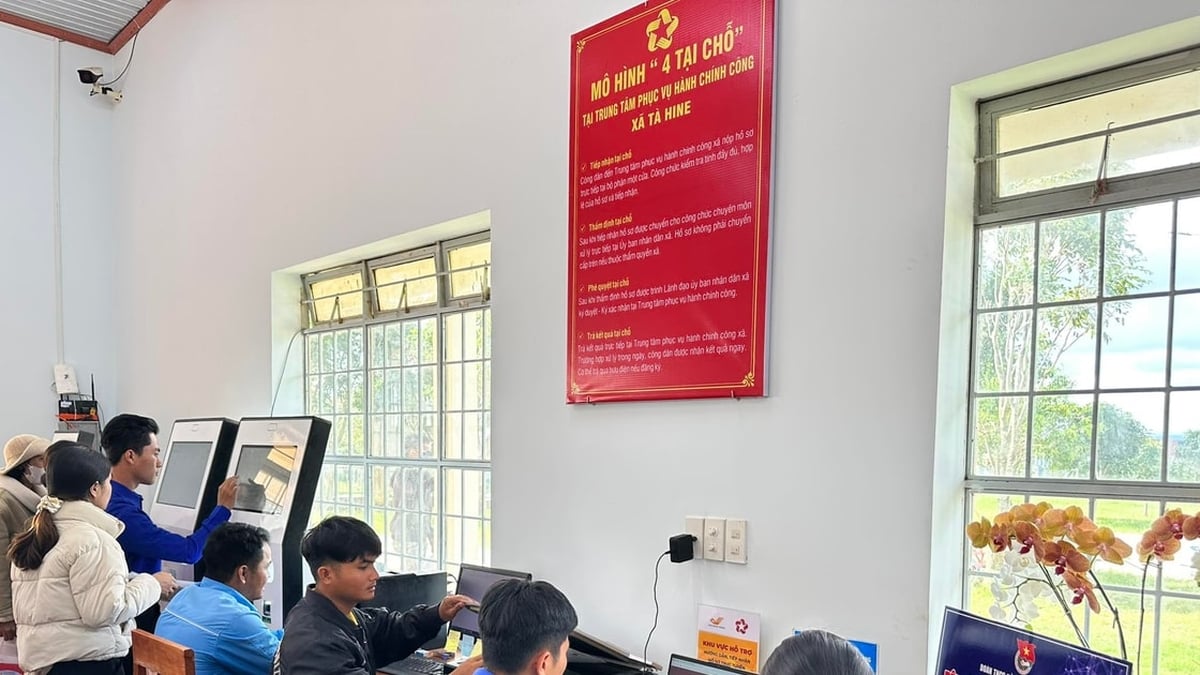























































































Comment (0)